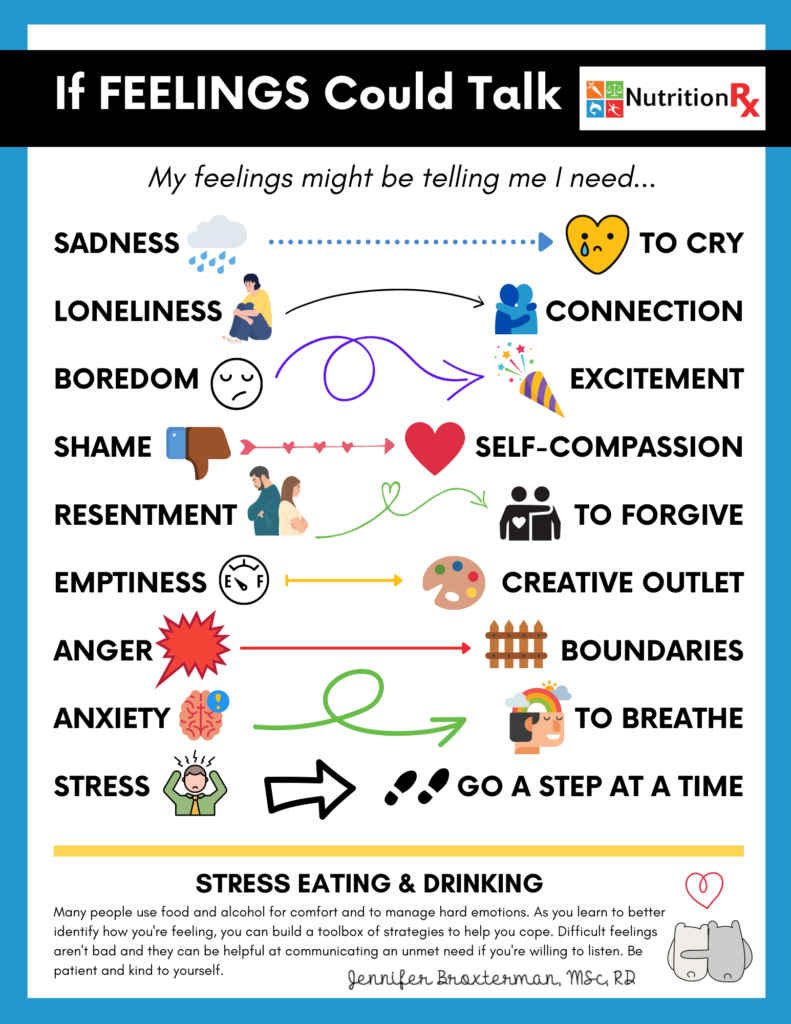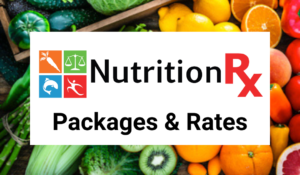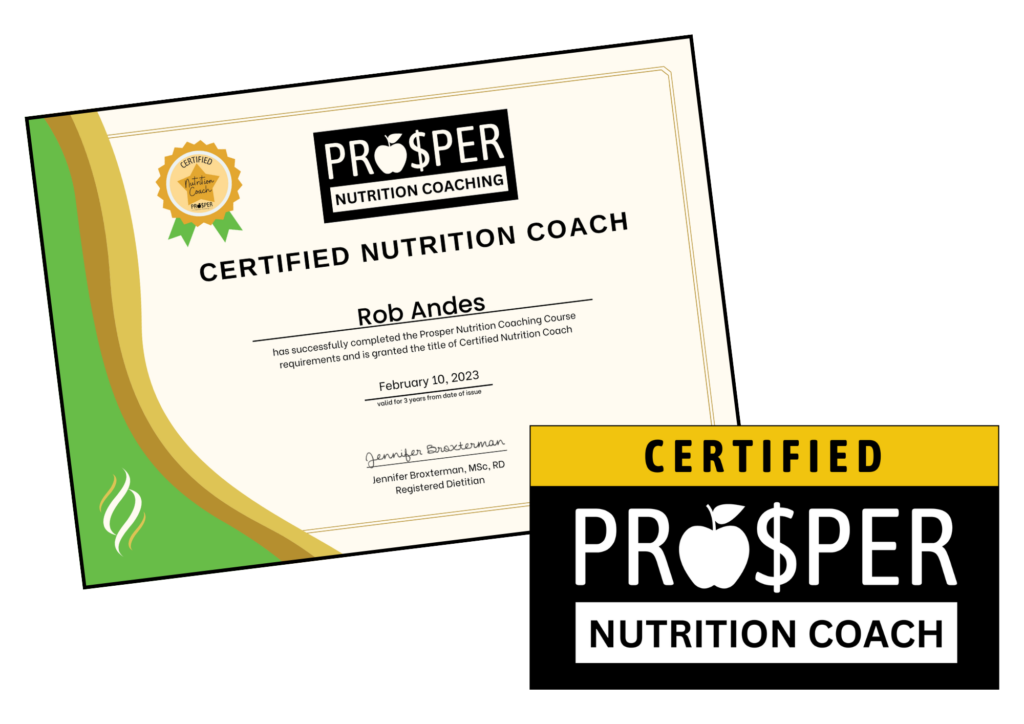

If Feelings Could Talk
STRESS EATING & DRINKING
Many people use food and alcohol for comfort and to manage hard emotions. As you learn to better identify how you’re feeling, you can build a toolbox of strategies to help you cope. Difficult feelings aren’t bad and they can be helpful at communicating an unmet need if you’re willing to listen.
As one of my favourite nutrition researchers likes to say,
“Nearly all human behaviour is an attempt to solve a problem, even if it’s not the best solution.”
– Dr. John Berardi
So be patient and kind to yourself.
When you turn to food for comfort and stress eat when you’re not actually hungry, you’re not a failure or a bad person.
Your body is simply trying to help itself feel better by changing your brain chemistry. As you learn better ways to accomplish this, through rest, exercise, time in nature, meditation, connection, forgiveness, creative outlets, and other ideas shared below, those self-care solutions will start to become second nature when hard emotions come up instead of reflexively searching for something to eat in the kitchen.
Here’s an analogy: identify the baby cry.
When babies cry, they’re trying to communicate something to their parents before they have the ability to speak with words. It’s crude and rudimentary, but they’re definitely communicating! There might be a number of different types of cries a baby makes connected to different unmet needs that require a parent’s attention:
- a wet diaper cry
- a hunger cry
- a tired cry
- a comfort me cry
- an I’m hurt cry
- etc.
If every time the baby cries we attempted to shove a bottle in its face, we might be correctly solving the problem some of the time, but often, we’d be missing the mark and the baby would remain distressed and keep crying. Instead, an attentive parent would take the time to try to figure out what was wrong, and what the baby actually needed through crying.
That’s the self-care trick I like to teach my nutrition clients when they feel a strong urge to stress eat (or drink). Instead of immediately giving in, or feeling guilt and shame that stress eating cravings are coming up, instead, approach it like a curious parent.
“Hummm, ok body, stress eating cues = an alarm bell. You’ve got my attention. You’re trying to communicate with me that you’re not feeling the greatest and would like to eat an entire bag of chips.
I wonder what’s going on to make you feel like that? What UNMET NEED is driving this strong desire to stress eat?
- Has it been a long and stressful day, and you just need to take a hot shower, climb into bed, and get a good night’s sleep?
- Are you bored and lonely, and do you need to call a friend and feel a sense of connection?
- Are you anxious, and would a brisk walk outside help to burn off some of the nervous energy?
- Do you need peace and quiet, and would journalling, yoga, or meditation help?
- Do you need to close down the work emails, and watch a lighthearted TV show?
- Do you need to cuddle with a pet?
- What do you need from me right now?
Let’s figure this out together body. By wanting to stress eat, I know you’re trying to tell me something important about my feelings, and I want to work with you (instead of fighting you), to help figure things out!”

+
PDF Download: If Feelings Could Talk
Wishing you health & happiness,
♡ Jen
Jennifer Broxterman, MSc, RD
Registered Dietitian
NutritionRx: happy, healthy living with our team of Registered Dietitians
Prosper Nutrition Coaching: a world-class nutrition coaching certification
+
+
+
Want to work with a NutritionRx Registered Dietitian?
Learn more here: Nutrition Packages & Rates
+
+
+
Want to become a Certified Nutrition Coach?
Learn more about our habits-based Prosper Nutrition Certification




